|
How do you regard dragonflies? In one of his great poems (As Kingfishers Catch Fire), the poet Gerard Manley Hopkins not only encourages us to be like them, but, in so doing, to be like Christ. Not everyone has always agreed however. In early colonial Australia for example, white fellas tried to kill dragonflies, just as they/we tried to kill so many other life-giving things that they/we did not understand. Those early colonialists saw dragonflies flying around and landing on their valuable horses, and they saw the horses moving and flicking their tails. So they thought the dragonflies were biting and making them crook. The colonialists were making things worse. The dragonflies were actually eating the mosquitoes and the gnats that were troubling the horses. They were life-givers, saviours even, not devils in disguise. In so many positive ways, dragonflies are thus evocative symbols for transgender people today. For, on this Transgender Day of Remembrance, we do well to attend to how bearers of light have been treated as embodiments of darkness. We do well, as our Gospel today (Luke 23.32-43) reminds us, to remember how Jesus was not crucified alone, and how others are also crucified today. And above all, we do well to affirm that it is only in recognising the light, in strange places, that we find salvation and hope for us all…
0 Comments
A beautiful poem which expresses the power of transforming Spirit and hope-bearing Love down the ages and in so many of our lives.
As we begin a new year, the need for a renewing transforming spirituality is ever more evident, particularly in the face of much 'traditional' religion which continues to choose death over life. One expressive icon is that of the dragonfly, which, literally and metaphorically, I have personally encountered richly recently. For dragonflies are extraordinary creatures. No wonder they have become powerful symbols for transgender people. The picture above is thus a little creation of mine from a silent retreat I took in December, pointing to some expressive elements for everyone.. For whilst these have particular resonance for transgender people, they can also speak helpfully to others, as and when we open ourselves to more life-giving spiritual pathways for our communities and planet...
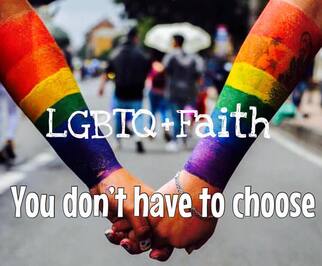 I speak today as both a proud member of our LGBTIQA+ community, and also as a dedicated person of faith, indeed as an Anglican priest. I do so, because people like me are typically erased, our lives and voices ignored. Yet we queer people of faith do exist! - and we are increasingly seeking to be visible. For our very existence gives lie to the monstrous misuse of religion for political ends. We suffer particularly profoundly from religious discrimination. We do not want religious exemptions which hurt us and others, and betray the heart of who we are. We also know that the majority of our fellow Australians of faith agree with us, as we saw in that dreadful postal survey. So we’ve tried to lobby, spoken to Government inquiries, sought to be part of desperately needed change. Yet, as queer people of faith, our rights to religious expression are seldom recognised... 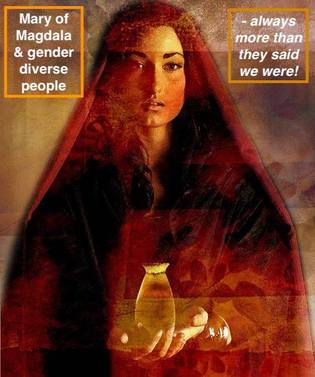 Mary Magdalene and I go back a long way. She was my sister, my model, my soul-partner through the anguish of puberty and adolescence - see further my reflection on our Jesus Christ Superstar dance of delight, shame and longing here. She was my friend, my comforter, my support through the vital stages and all the key changes of my life - helping me cast off 'the Norman yoke' (see here). She remains my strong inspiration in following Jesus, in allowing my demons and fear to be transformed, and in speaking the truth. Mary travels with me to wherever and whatever it is I am now called. For she is the first and supreme witness to Resurrection. Silenced, suppressed, and staggeringly (sexually) stigmatised, over centuries, she survives to speak of the power of female strength, spirituality and compassion. And, though I had not planned it ahead, her feast day (22 July) became the day of my public coming out as transgender. Like Mary, despite my fear, when I heard my name truly spoken, I could not but take faith and believe, receiving and sharing the hope of new life for myself and others. On her feast day this year, with the assistance of some my wonderful friends and colleagues, I am thankful to preach, preside, and be blessed by the Revd Dr Steven Ogden and the loving, affirming community, at Holy Trinity, Fortitude Valley, and then to be able, in the Milton Anglican parish, to renew my baptism vows in my now legal authentic name and to share in a joyful 'Re-Birth Day' party. This is both a celebration of what has been and also a re-commitment to the journey we have shared. As a child, I was given the role of the third 'king' among the Magi in the nativity play. Literally and metaphorically, like Mary of Magdala, I may therefore have once felt that myrrh bearing was my best and only duty. Proclaiming and living new life is so much better. 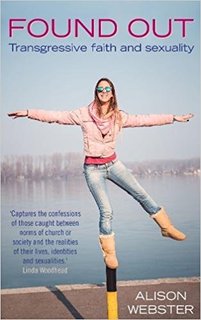 Are meaningful contemporary Christian sexual ethics possible? It depends where you look and to what you listen. No doubt many might be surprised, but there is actually a wonderful growing mine of resources, including Found Out: Transgressive faith and sexuality: the incisive and illuminating recent book by Alison Webster. Unfortunately, in bleak contrast, many 'official' Church statements have been far too blind, narrowed or vacuous, even within circles which purport to take human experience and the best of science and reason seriously. Over twenty years ago for example, as a priest in rural England, I vividly remember receiving an official declaration to Church of England clergy from the then Archbishops of Canterbury and York on the subject of marriage. It was unhelpful, seemingly constituting only a bald 'gate-keeper' reaffirmation of a theoretical position which no longer pertained if it ever did. It failed to recognise, never mind address, the pastoral realities faced by clergy: where almost every couple coming for marriage was already cohabiting; (some form of) sex before marriage was essentially de rigeur; and partners who were divorced, in various circumstances, were extremely common. Like the hastily put together statements on LGBTI+ issues of the time (sadly often since enshrined as a kind of fresh holy writ), it seemed like blinkers were the order of the day. Regrettably, things have not improved greatly, leading an increasingly large chasm between the actual sexual lives of faithful Christians and the Church as an institution. The 'official' Church has thus frequently appeared to be a frightened rabbit, hypnotised by the glare of the lights of contemporary sexuality, even when its pastoral practice, and many contributions of its best theologians, has often been quite otherwise. Today, in the face of further developments, not least the profound societal shifts in LGBTI+ understanding, it is hard to see how these things can hold together much longer. Happily, Alison Webster, in Found Out, is one of those who offers fresh and vital pathways, grounded in women's lived experience and a performative faith which leads to flourishing rather than stagnation and spiritual death... |
AuthorThe Revd Dr Jo Inkpin: Archives
March 2024
Categories
All
|
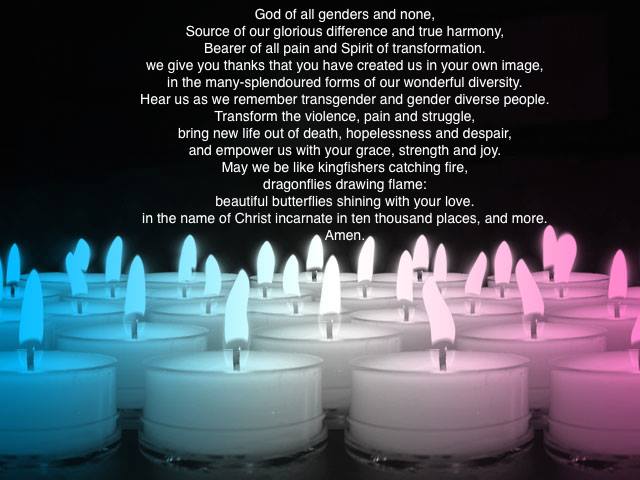
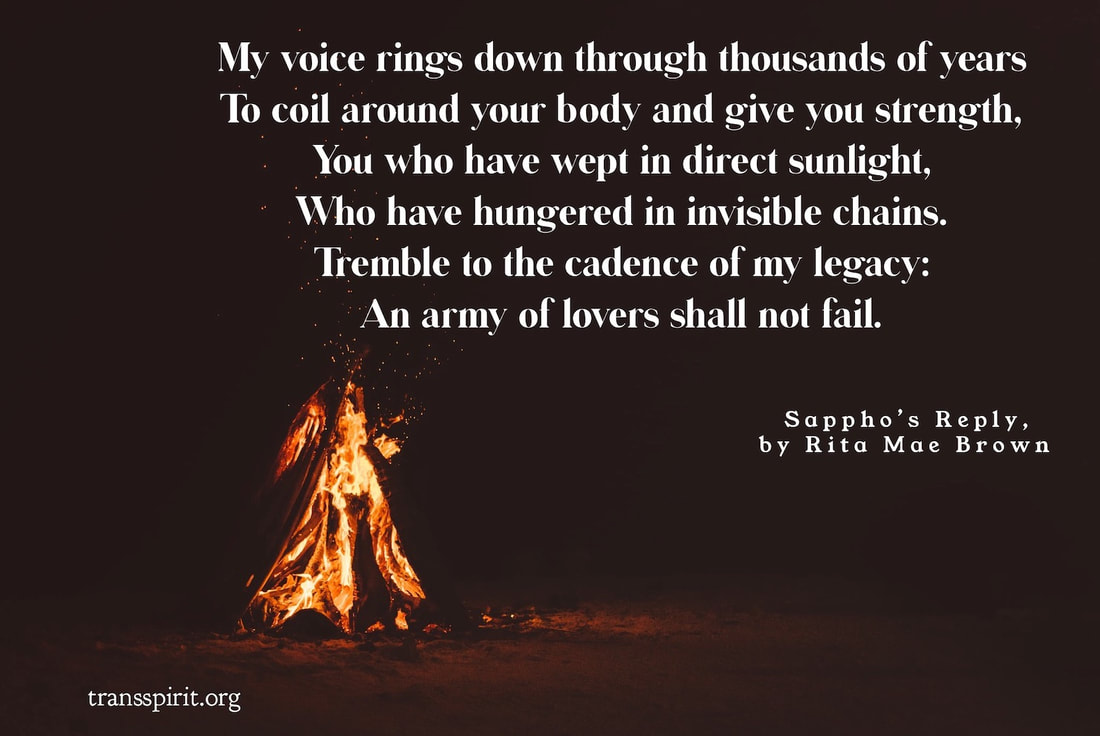
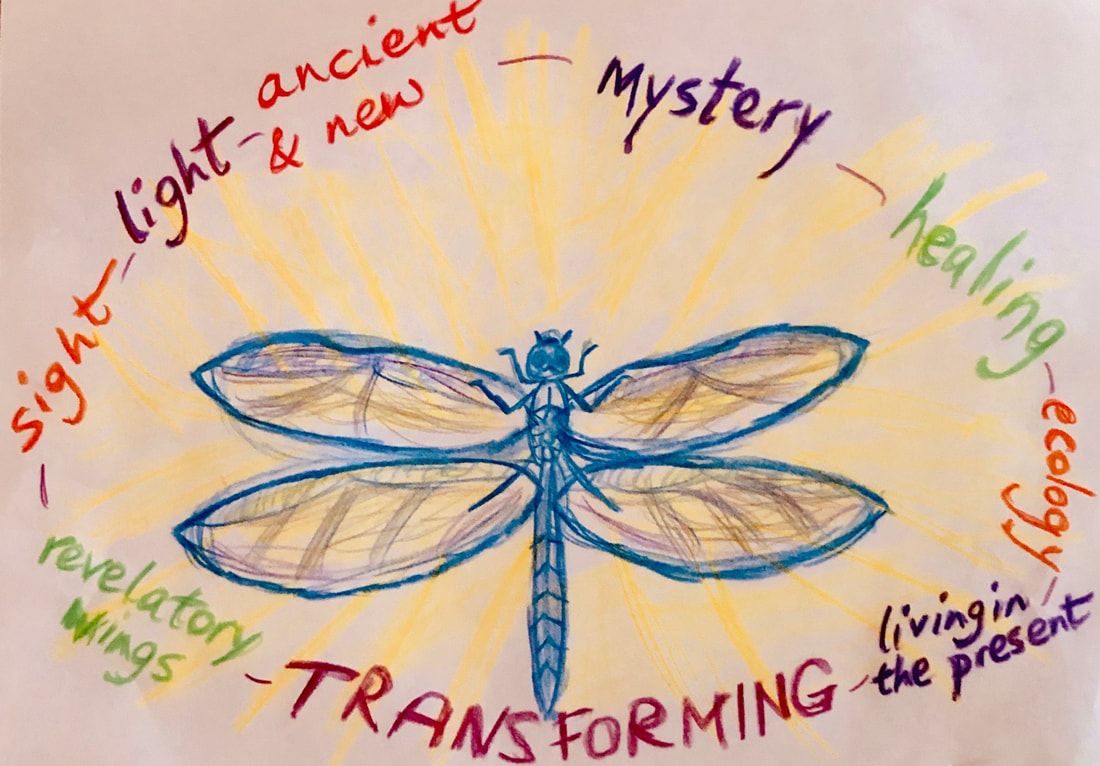
 RSS Feed
RSS Feed